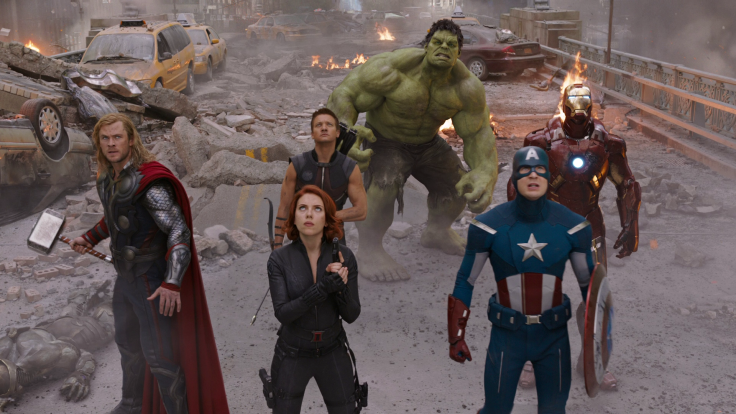Strangely, despite its ubiquitous success, the Marvel Cinematic Universe has failed to pose any lasting effects on the blockbuster industry. In the years since its inception, a fair share of studios have made extemporaneous attempts at echoing the “shared universe” model, but none have actually understood what makes those movies work. Our fetish for continuity certainly plays a role, as does the titillation of knowing every release will lead to some bigger, scrupulously planned thing. But the heart of the success of the MCU is Marvel Studios’ trust in their filmmakers.
I’m not talking about, “Hey Ron Howard, here’s a bunch of cash, now go play,” kind of trust. I’m talking about, “You know who could make this character driven space opera that features a talking Raccoon work? That kid that made Tromeo and Juliet,” kind of trust. Nearly ten years in, it's the kind of intelligent approach that makes each new project feel innovative, even though the critical and commercial success of an MCU release is so inexorable it makes these things sorta hard to review at this point.
It stinks that the only mark left on modern movie making impacted by such a brilliant model is ultimately a negative one. The MCU restored big studios’ faith in hocking their shit franchises. Let’s face it, ostensibly, the mission statement of The Marvel Cinematic Universe couldn’t seem any more shamelessly cynical: We’re gonna make a virtually endless series of movies that all connect to each other so that fans feel like they have to see every release to fully enjoy the ones they really care about. We’ll run spin-offs of the silver screen projects on major networks and streaming services like ABC and Netflix, then throw in a couple of cursory nods to the main continuity so these popcorn munching pencil necks are terrified of missing a single thing we shit out. DONE.
As evident by duds like Universal Pictures’ Dark Universe and the upcoming Dax Shepard helmed Hanna Barbara Universe (I swear I’m not making that one up), that hyperbolic pitch is exactly what Hollywood gleaned from Feige and Company’s success. While everything proposed by that pitch holds true for the MCU, they make sure each release is a good film first. Even the MCU films that fall shy of great possess that sense of juvenile passion that the genre had been lacking hitherto. The films feel like when you ask your nephew why his favorite superhero is his favorite superhero. He just trips over himself with excitement as he tries to proselytize you to his silly religion. The filmmakers are willing to bend the frontiers of the genre to bring you Here’s Why (Fill in Character here) Is Awesome! The Movie.
There’s a fundamental vision at play there, no question, but the films of the MCU feel like films because they're made by filmmakers, not directors for hire, not dejected auteurs, but filmmakers that love both the craft and the material.

















